Welcome
Welcome: Anja Van Bocxlaer, Think WIoT & Stefan Hoppe, OPC Foundation
Speakers
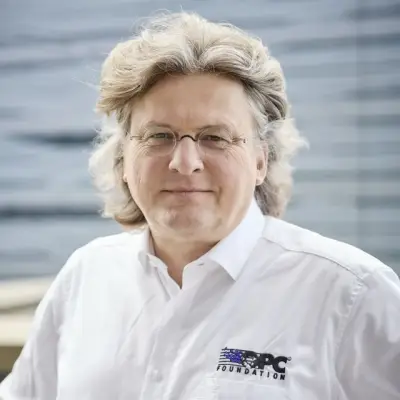
Stefan Hoppe
President & Executive Director, OPC Foundation

What does weightlessness have to do with experiments? How do engineers build experiments into rockets? What role do AI and OPC UA play?
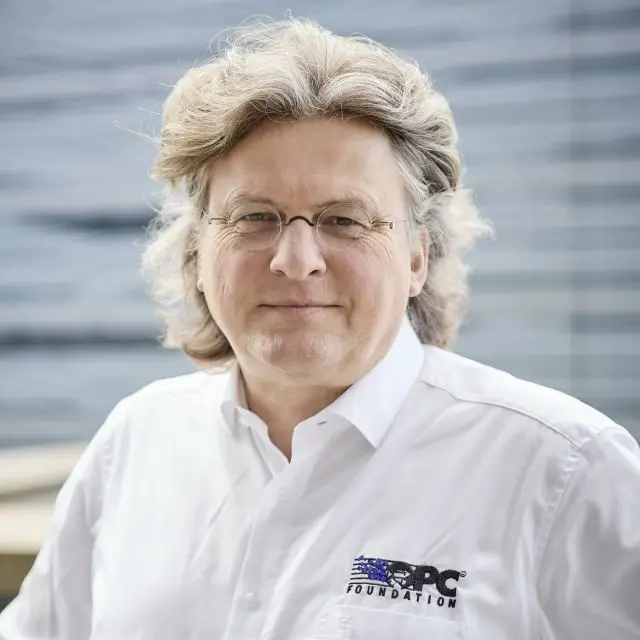
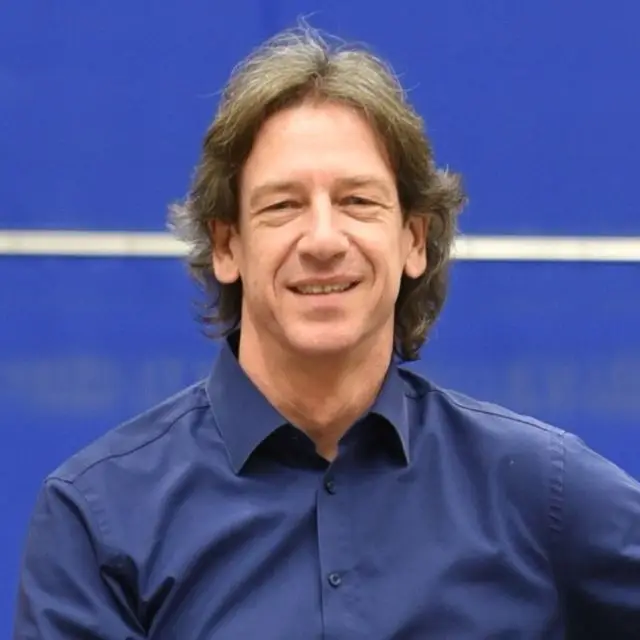
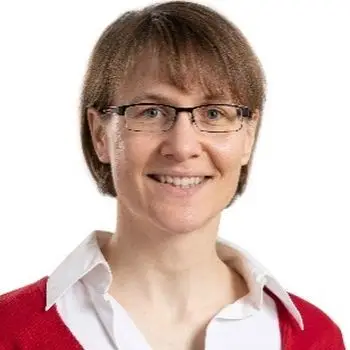
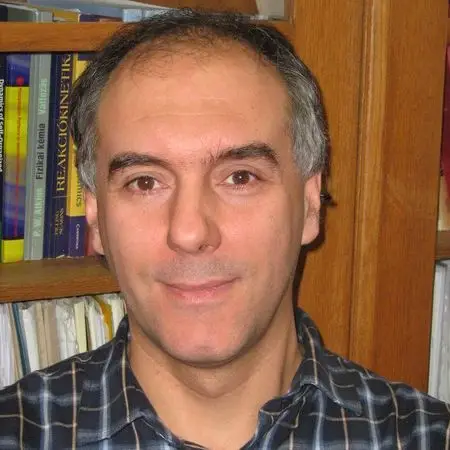
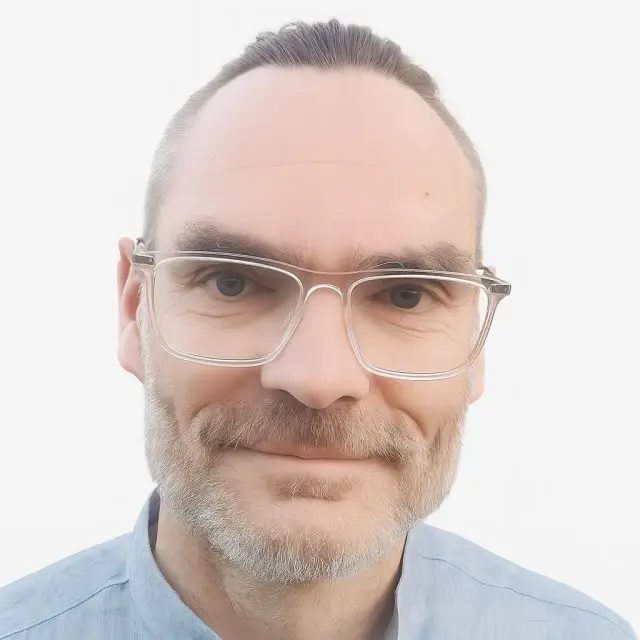
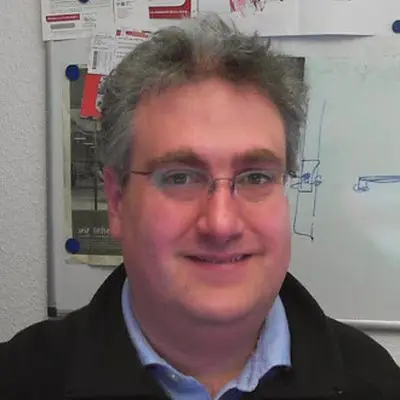
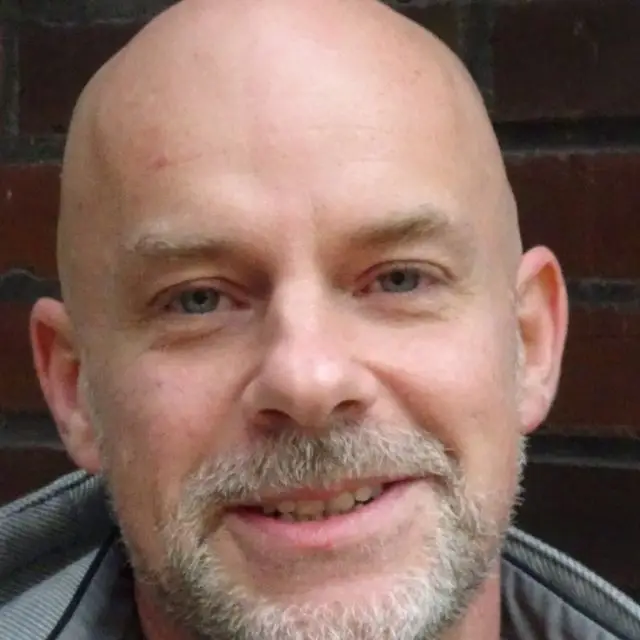
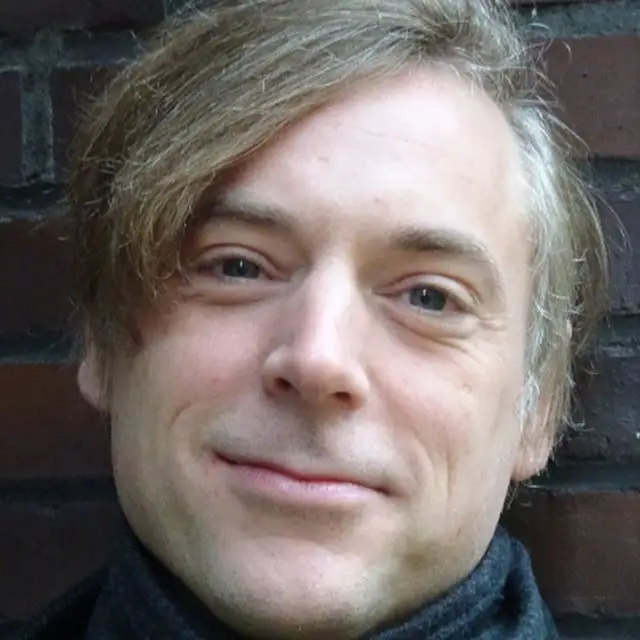

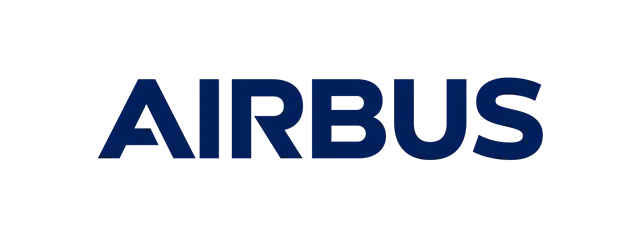
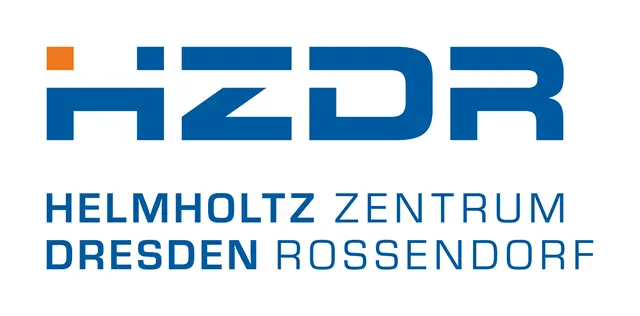
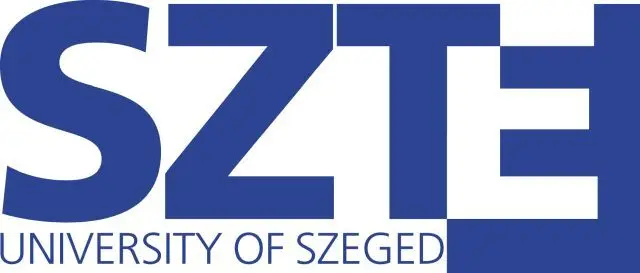

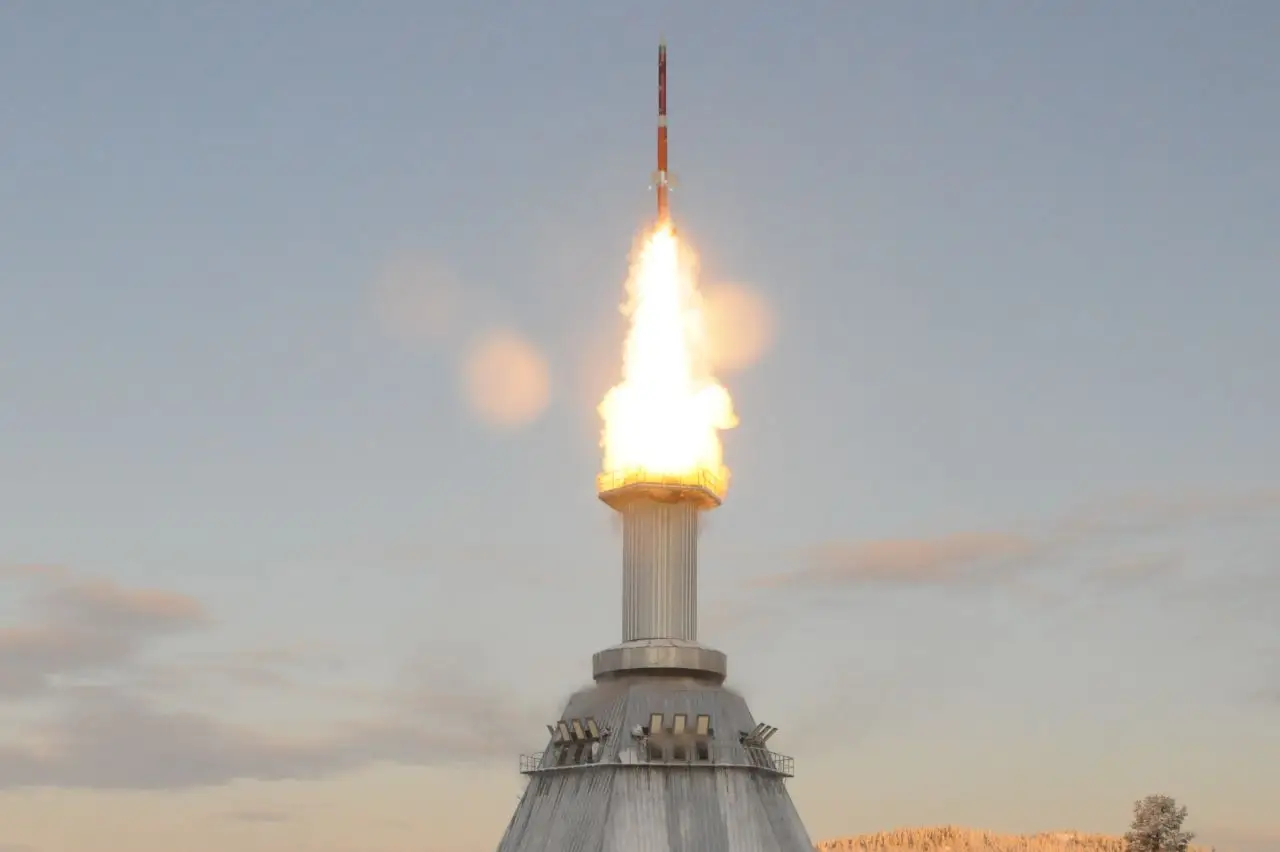
Discover the key takeaways and what you can apply right away
How TEXUS is modernizing its space experiments – from new control technologies to the interface between ground systems and experiments in orbit.
A TEXUS project shows how chemical reactions unfold without gravity — providing new insights for sustainable technologies and future reactor concepts.
AI meets OPC UA — making mission control more transparent and flexible. The project shows how LLMs (Large Language Models) enable safe and explainable interaction with complex payloads.
The team demonstrates how a web-based OPC UA payload portal with AI agents is created — enabling researchers to control their experiment module safely and intuitively using natural language.
All times in CET -
Welcome: Anja Van Bocxlaer, Think WIoT & Stefan Hoppe, OPC Foundation
Speakers

Stefan Hoppe
President & Executive Director, OPC Foundation

The TEXUS Program (Technological EXperiments Under Space Conditions), initiated in 1976 by the predecessor organization of the German Space Agency, remains a vital platform at the forefront of microgravity research. Despite its long heritage, TEXUS is continuously adapting to the evolving demands of its scientific customers. To maintain cutting-edge operability and reliability, outdated technologies are routinely replaced with newer, more efficient solutions.
Furthermore, as experiment facilities grow in complexity, the program has implemented innovative methods for experiment control. We will present a recent example of these developments, focusing specifically on the critical interface between the ground operator and the space-bound experiment.
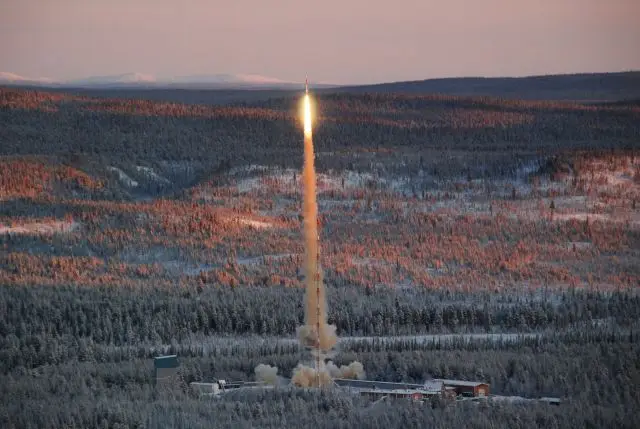
Speakers
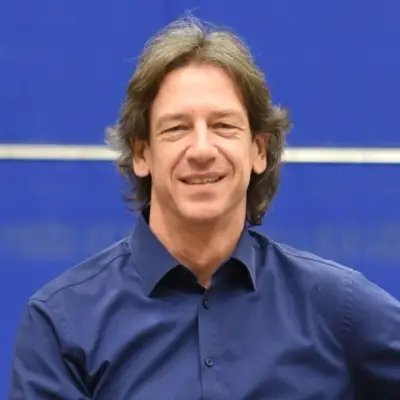
Andreas Schütte
Program Manager for Suborbital Missions, Airbus Defense and Space
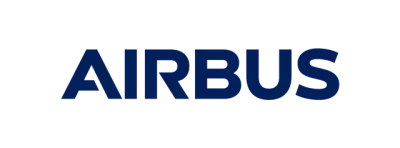
What happens when two liquids react without the pull of gravity? Our international science team investigates how chemical reaction fronts behave under weightless conditions, similar to those found in space. The studied reactions play a key role in technologies such as soil restoration, CO₂ storage, and the creation of fine particles for advanced materials.
In microgravity, where buoyancy and sedimentation disappear, the researchers can observe effects that are otherwise hidden on Earth. The results not only offer insight for novel synthesis routes and future reactors in space. They also help develop simpler, faster computer models for improving sustainable technologies back on our planet.
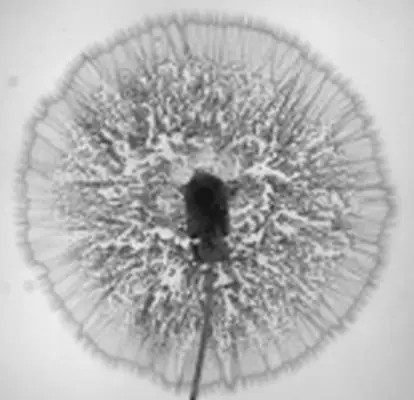
Speakers
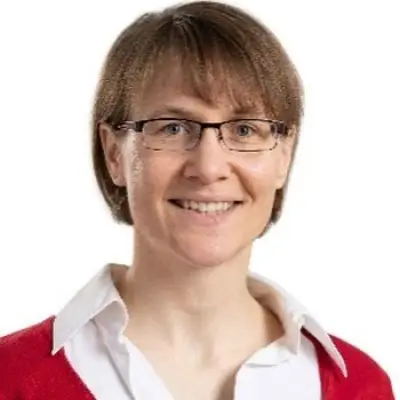
Dr. Karin Schwarzenberger
Scientist, Helmholtz-Zentrum Dresden-Rossendorf
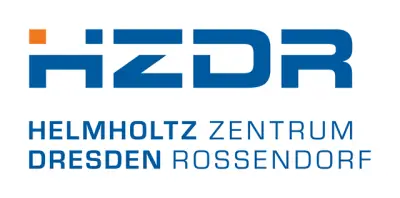
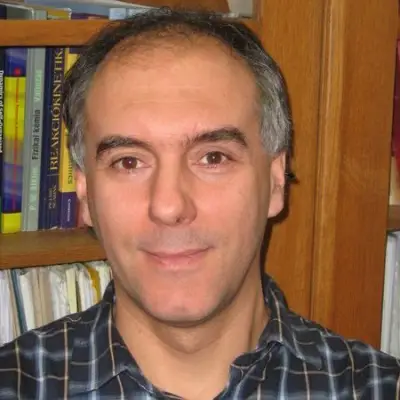
Prof. Dr. Dezső Horváth
Scientist, University of Szeged
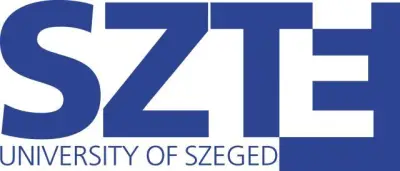
How is artificial intelligence changing the way we conduct space exploration? Our project shows that AI is more than just a trend – it solves real challenges in mission preparation and experiment control. We report on how we combined OPC UA and LLMs (Large Language Models) to enable secure, traceable, and flexible interaction with complex scientific payloads.
The focus is on the scientists: their workflows, questions, and expectations have shaped every aspect of the solution. Join us live and gain insights into the architecture, prototypes, and experiences at the interface between payload design and AI development.
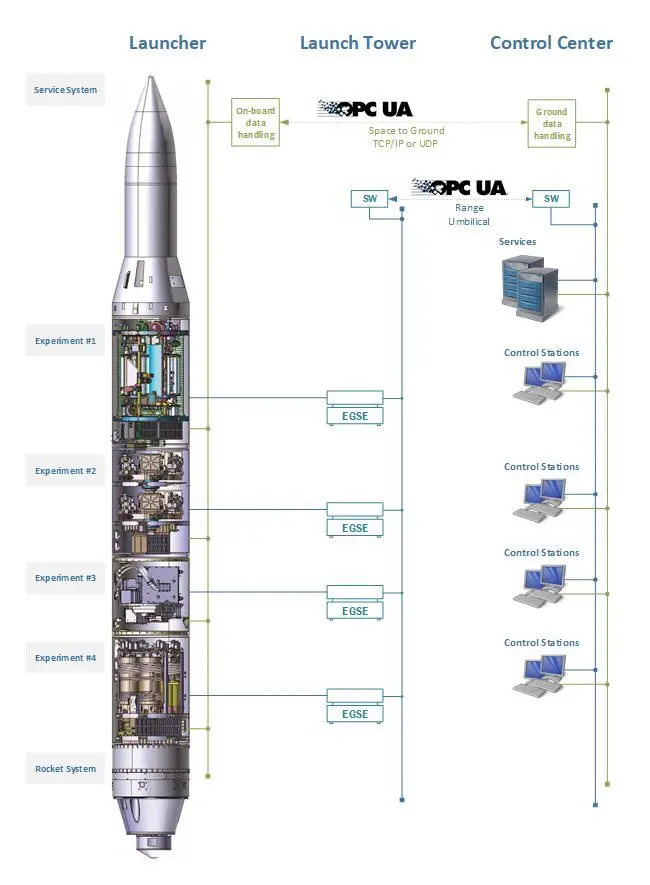
Speakers
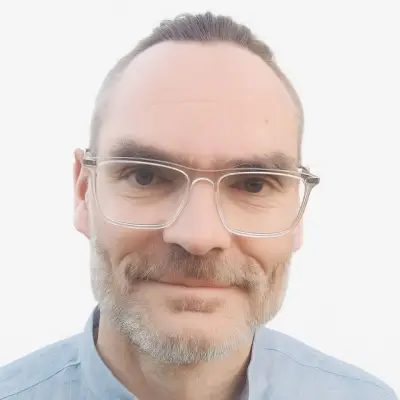
Enrico Noack
Engineer, Airbus Defense and Space

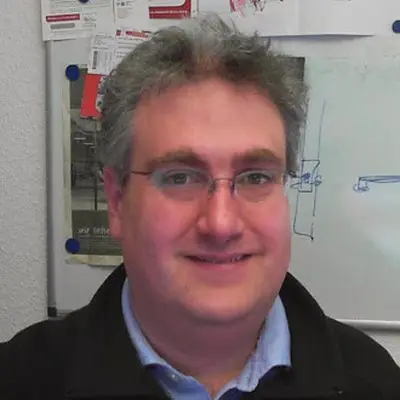
Holger Kenn
Leader OPC UA for AI working group, OPC Foundation

We report on how we used a collection of specialized ChatGPT Assistants and OPC UA to enable the scientists to remotely control the experiment module via natural language, and the integration of AI features in our Payload Portal for human-friendly web-based OPC UA access.
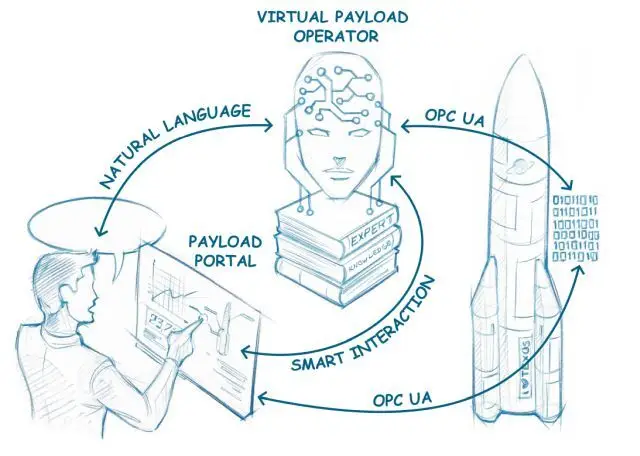
Speakers
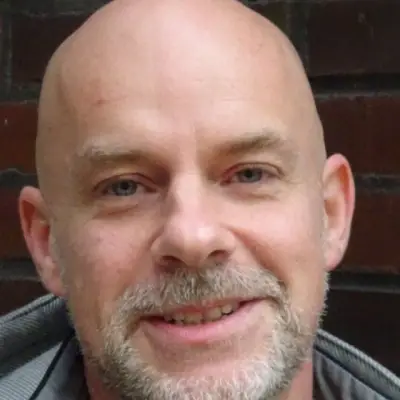
Jan Lenk
Chief Technology Officer, HuMaTects

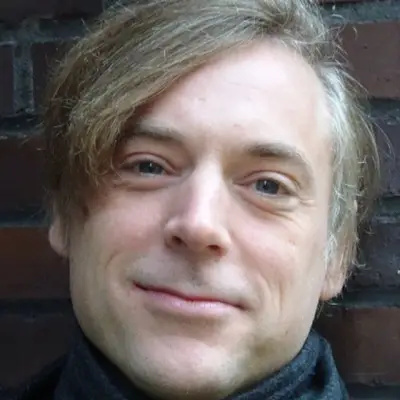
Mark Eilers
Principal Scientist, HuMaTects

Moderation: Anja Van Bocxlaer, Think WIoT & Stefan Hoppe, OPC Foundation
Speakers

Stefan Hoppe
President & Executive Director, OPC Foundation

Get to know the people behind the ideas

President & Executive Director

OPC Foundation

Program Manager for Suborbital Missions

Airbus Defense and Space

Scientist

Helmholtz-Zentrum Dresden-Rossendorf
Group leader Interfacial phenomena

Scientist

University of Szeged
Department of Applied and Environmental Chemistry

Engineer

Airbus Defense and Space

Leader OPC UA for AI working group

OPC Foundation

Chief Technology Officer

HuMaTects

Principal Scientist

HuMaTects